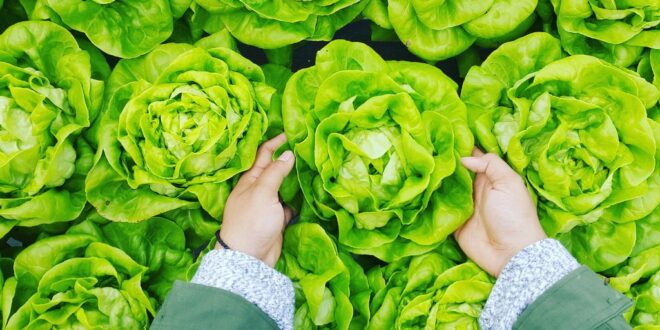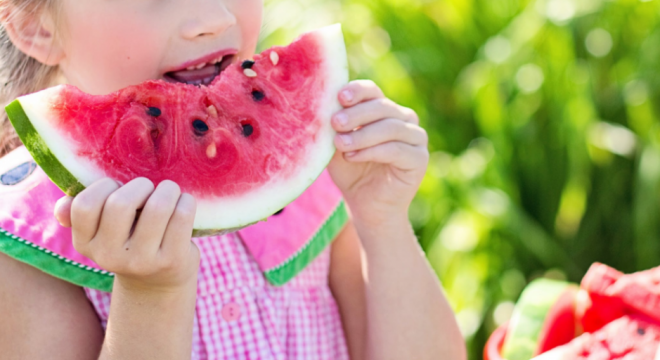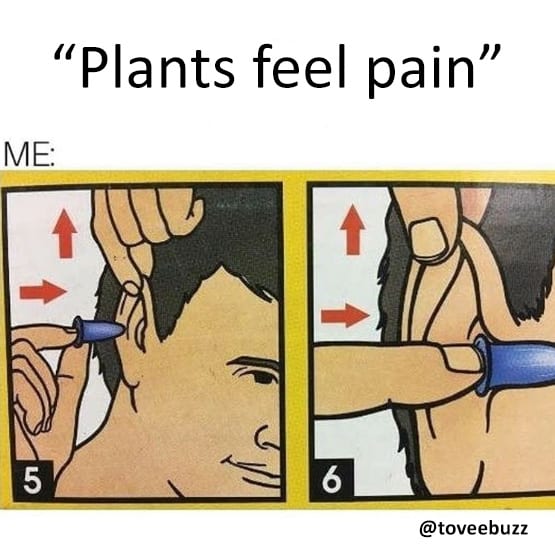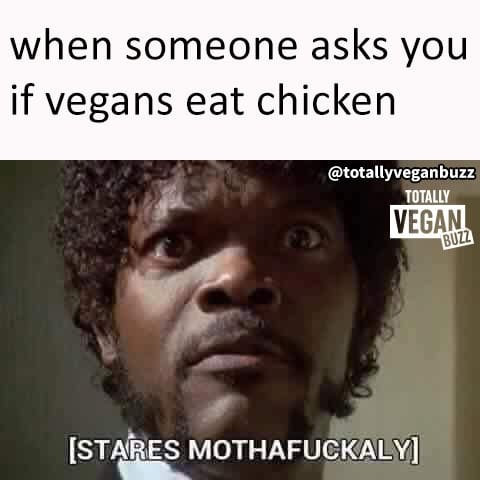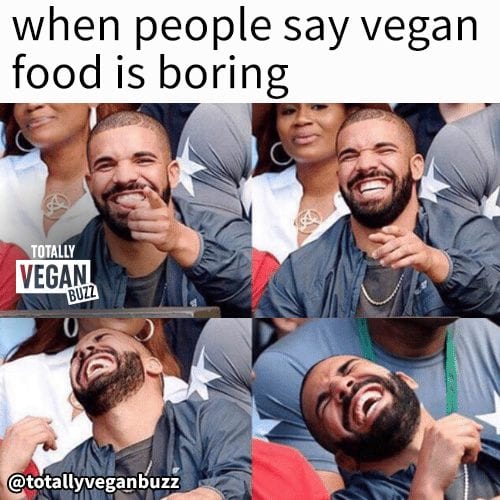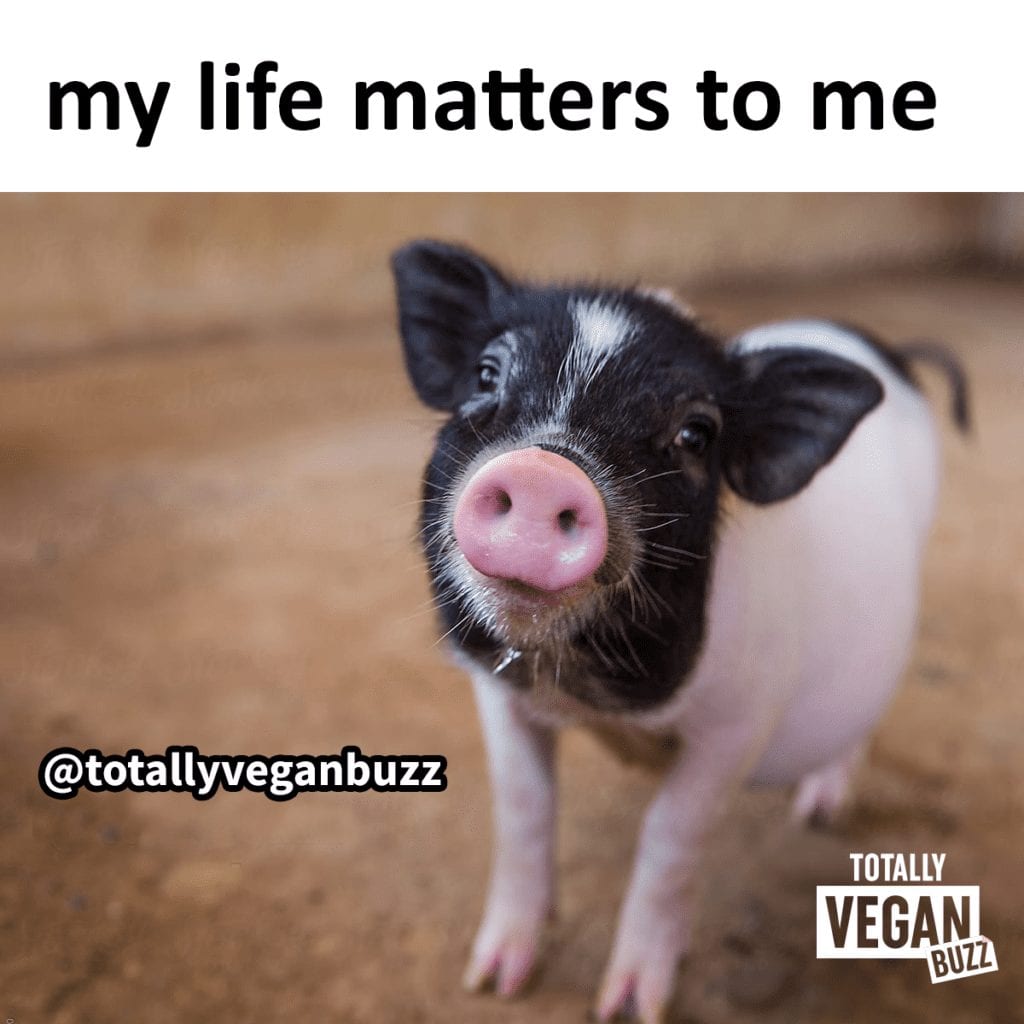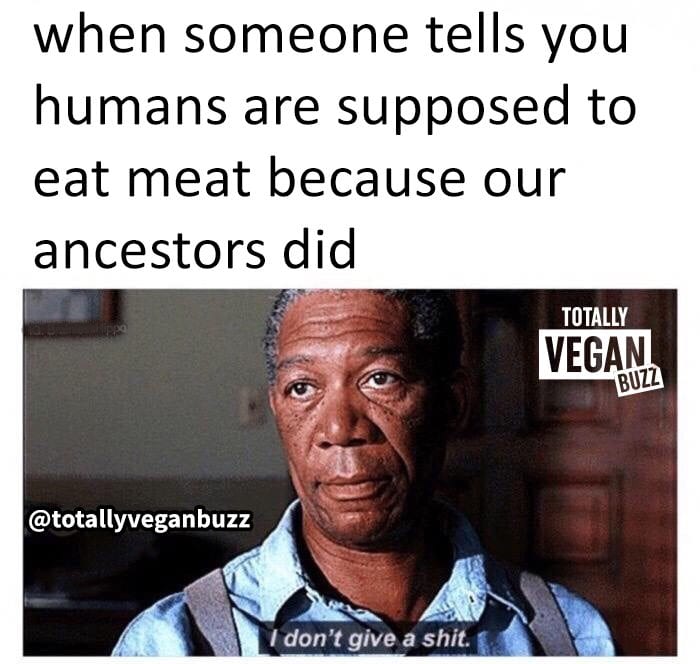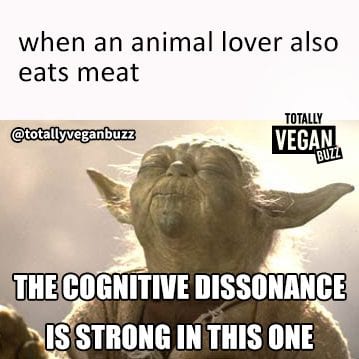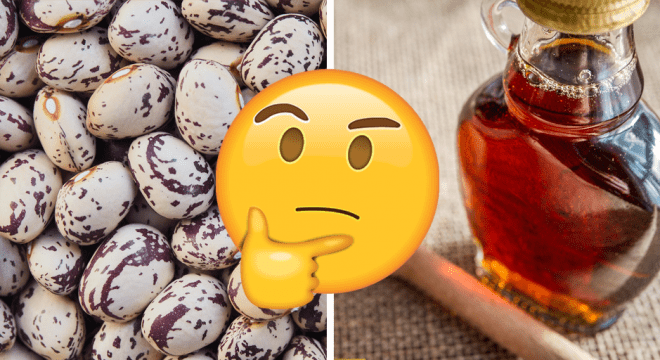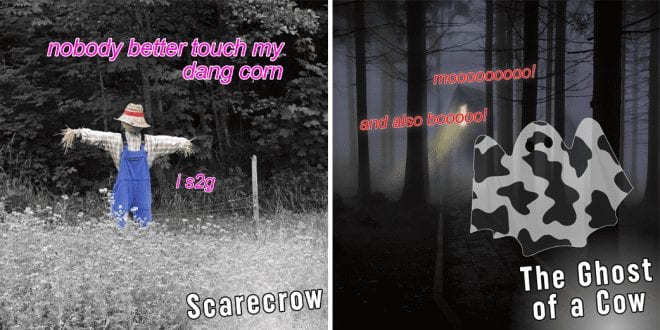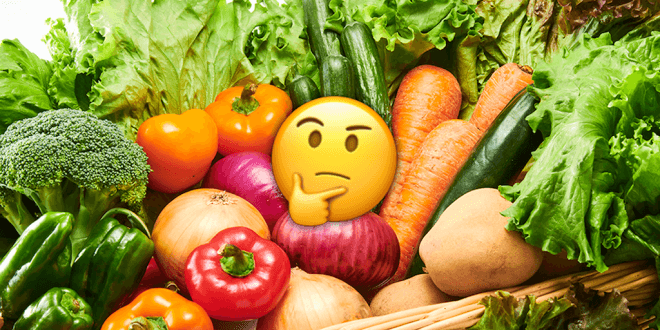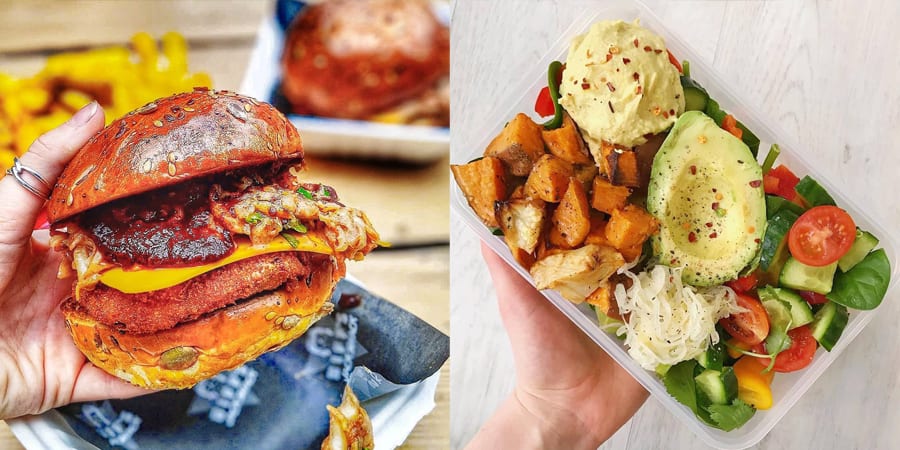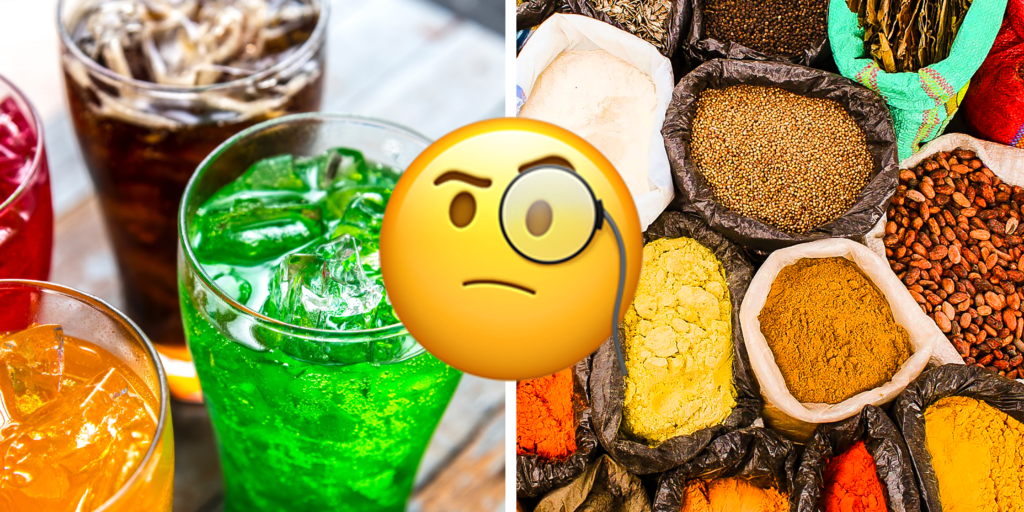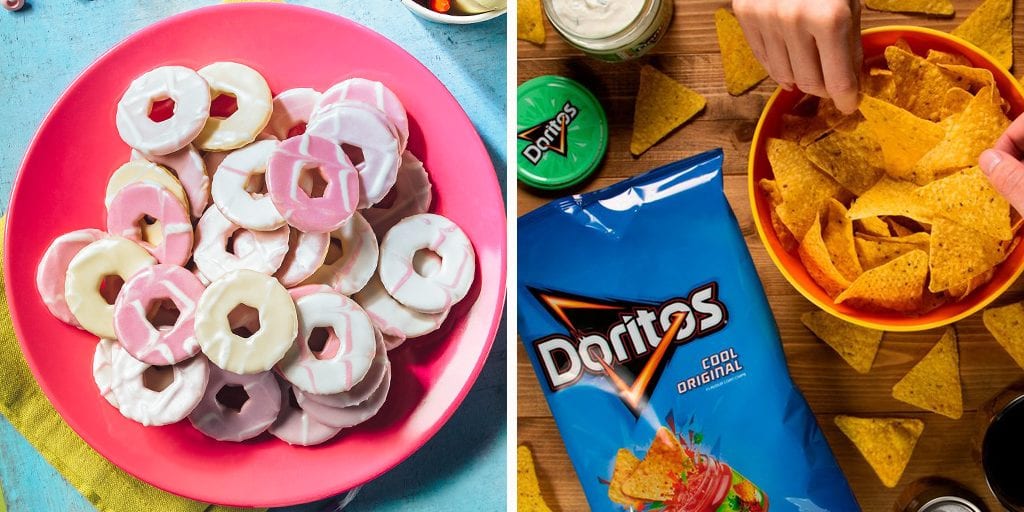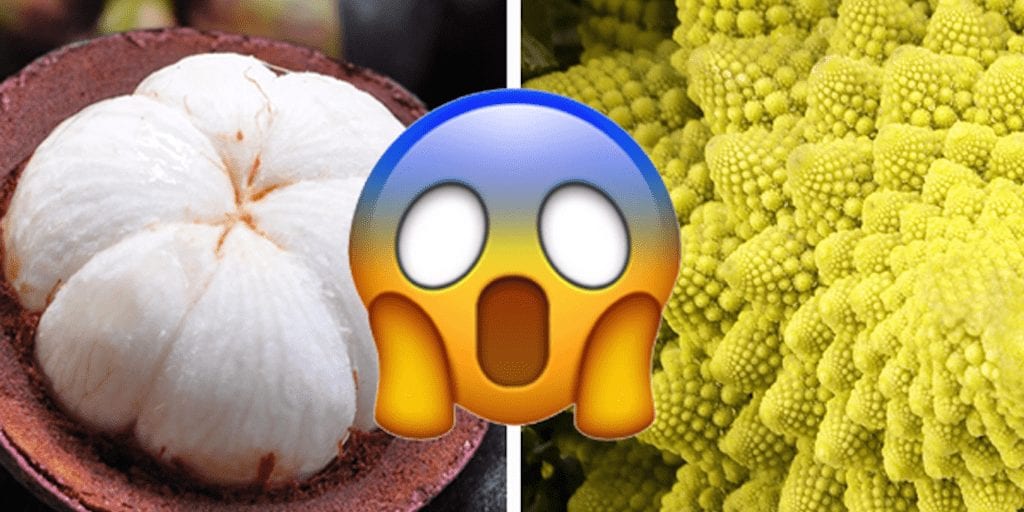
Here’s all that you need to know about this micronutrient.
Vitamin B12 is a crucial nutrient that plays a vital role in maintaining overall health and well-being. Whether you follow a vegan diet or not, getting enough vitamin B12 is essential, as it is primarily found in animal-based foods. For vegans, sourcing vitamin B12 from plant-based sources can be particularly challenging, making supplementation a crucial aspect of their dietary routine.
In this comprehensive guide to vitamin B12, we will delve into its significance, explore the health implications of deficiency, discuss plant-based sources, and shed light on suitable supplements to meet your daily requirements.
What is Vitamin B12, and why is important for us?
Vitamin B12, also known as cobalamin, is a water-soluble vitamin that is vital for various bodily functions. It plays a critical role in:
- Supporting the production of red blood cells and preventing anemia.
- Promoting proper nerve function and healthy neurological development.
- Assisting in DNA synthesis and cell division.
- Contributing to energy metabolism and overall vitality.
Vitamin B12 is not produced by plants or animals but is instead synthesized by certain bacteria found in the intestines of animals. Consequently, it enters the food chain through animal-based foods.
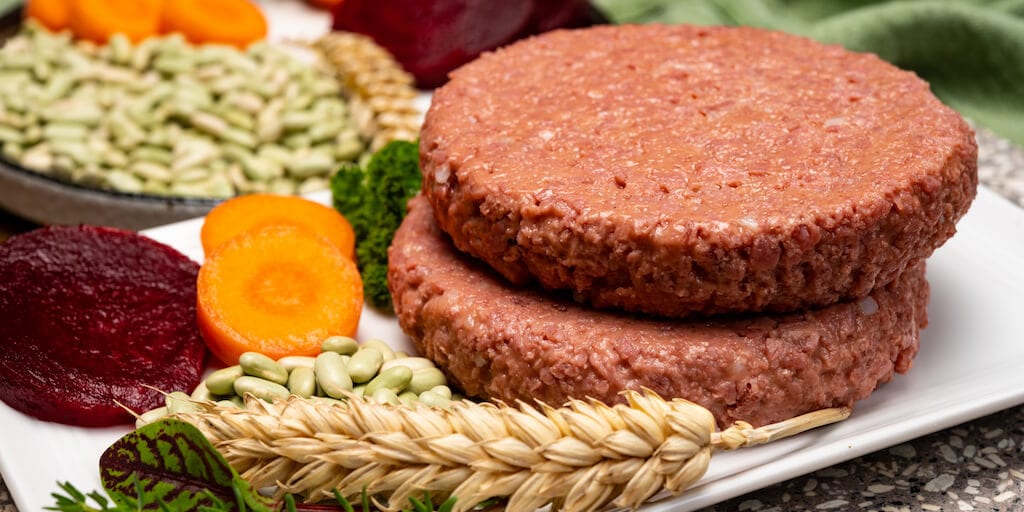
How much vitamin B12 do we need daily?
The recommended daily intake of vitamin B12 varies depending on age and life stage. In the United States, the National Institutes of Health (NIH) provides the following guidelines:
Infants (0-6 months): 0.4 micrograms (mcg)
Infants (7-12 months): 0.5 mcg
Children (1-3 years): 0.9 mcg
Children (4-8 years): 1.2 mcg
Children (9-13 years): 1.8 mcg
Adolescents (14-18 years): 2.4 mcg
Adults: 2.4 mcg
Pregnant women: 2.6 mcg
Breastfeeding women: 2.8 mcg
It’s important to note that vitamin B12 absorption becomes less efficient as we age, making supplementation even more crucial for older adults.
Who is at risk of vitamin B12 deficiency?
While vitamin B12 deficiency can affect anyone, certain groups are at a higher risk, including:
- Vegans and Vegetarians: As vitamin B12 is primarily found in animal-based foods, those who avoid these sources may be prone to deficiency.
- Older Adults: Age-related changes in the digestive system can hinder vitamin B12 absorption.
- Individuals with Certain Health Conditions: Conditions that affect the gastrointestinal tract, such as celiac disease or Crohn’s disease, can interfere with vitamin B12 absorption.
- Gastric Bypass Surgery Patients: Surgical procedures that alter the digestive system can impact vitamin B12 absorption.
- Those on Long-Term Medications: Some medications may interfere with vitamin B12 absorption or increase its excretion.
Vegan sources of Vitamin B12
Vitamin B12 is not naturally present in plant-based foods, which is why vegans must rely on fortified products or supplements to meet their daily needs. Some vegan-friendly sources of vitamin B12 include:
- Fortified Foods: Certain plant-based foods, such as fortified cereals, plant milks, and nutritional yeast, are enriched with vitamin B12.
- Plant-Based Supplements: Vitamin B12 supplements made from microbial sources are suitable for vegans and can effectively fulfill daily requirements.
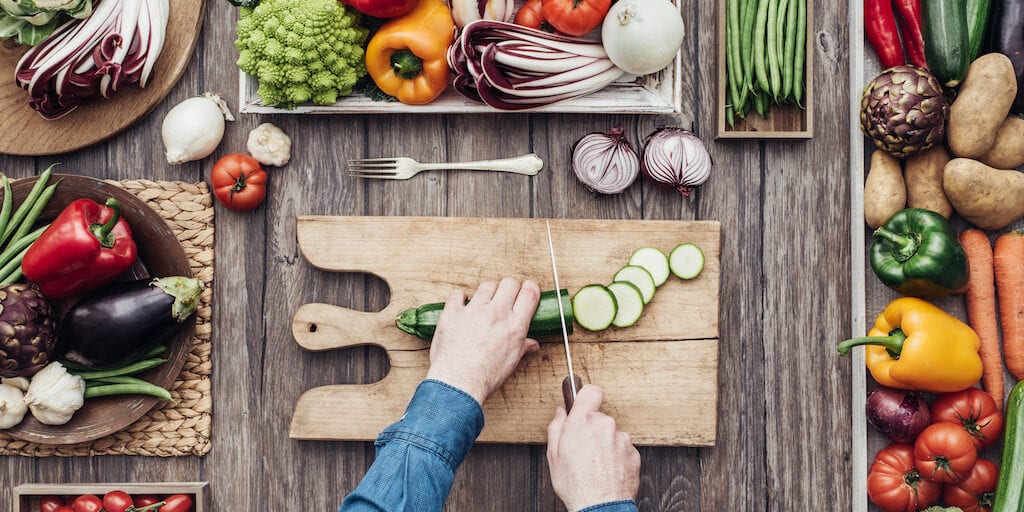
Choosing the right vitamin B12 supplement
When selecting a vitamin B12 supplement, consider the following options:
Cyanocobalamin: This form of vitamin B12 is commonly found in supplements and fortified foods and is generally considered safe for vegans.
Methylcobalamin: Another vegan-friendly form of vitamin B12, commonly used in supplements.
Supplement Dosages:
Vitamin B12 supplements are available in various forms, including tablets, capsules, and sublingual (under-the-tongue) formulations. Common supplement dosages range from 250 mcg to 1000 mcg per day. It’s essential to follow the recommended dosage provided on the supplement packaging or as advised by a healthcare professional.
Conclusion:
Vitamin B12 is a critical nutrient that supports essential bodily functions, and both vegans and non-vegans need to ensure they meet their daily requirements. While plant-based sources of vitamin B12 are limited, fortified foods and supplements provide effective means to maintain optimal B12 levels. To safeguard your health, consider supplementing with vitamin B12, especially if you follow a vegan diet or belong to a high-risk group. Always consult with a healthcare provider to determine the right dosage and ensure the best possible health outcomes.
Share this story: Vitamin B12: What it is, why it’s important, and how to get enough as a vegan.
About The Author
Lifestyle
Vegan culture, food, beauty & more
Is Tobey Maguire vegan? Here’s what we know
- Mohsina Dodhiya
- 17th August 2023
Tobey Maguire often speaks about veganism and animal issues. Tobey Maguire, the actor best known for playing Spider-Man in the Sam Raimi trilogy, is a vegan. He has been a vegetarian since 1992 and became a vegan in 2009. A lifelong commitment to animal rights Maguire’s decision to go vegan was motivated by his love …
Continue reading “Is Tobey Maguire vegan? Here’s what we know”
Plant-based food jobs surge with 32% growth in just 3 months
- Mohsina Dodhiya
- 17th August 2023
The number of open jobs advertised in the plant-based industry increased by almost a third from April to July 2023, GlobalData reported. The plant-based food industry is booming, and this is reflected in the number of job openings in the sector. According to data from GlobalData, the number of open jobs advertised in the plant-based …
Continue reading “Plant-based food jobs surge with 32% growth in just 3 months”
VEGAN MEMES
NEED A LAUGH?
QUIZZES
All the quizzes you love to binge!
QUIZ: If you score 11/12 on this quiz, you’re a verified vegan food expert
- Marlon Farrugia
- 10th January 2020
How much vegan knowledge do you have stored away? Do you have to Google your way through a shopping trip, or do you have all the bad E-numbers memorised? Find out now with this quiz.
QUIZ: What is your perfect Vegan Halloween Costume?
- Marlon Farrugia
- 13th October 2019
Spook Season approaches. There will be ghosts, goblins, ghouls, and glucose. You need a costume, and you want to it to show off your personality, which means VEGAN. But what to choose? Take our quiz to find out your perfect outfit.
QUIZ: What kind of vegetable are you?
- Marlon Farrugia
- 26th September 2019
“If you were a vegetable, what kind would you be?” A question that has tormented humanity throughout the ages – until now. Read: QUIZ: If you score 19/20 on THIS quiz, you’re a Vegan God


